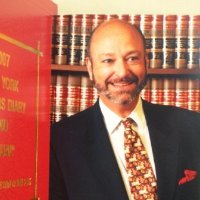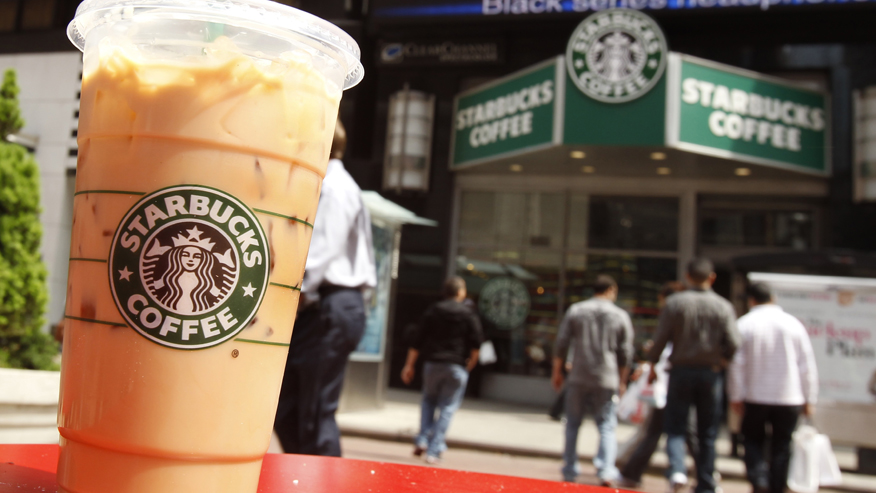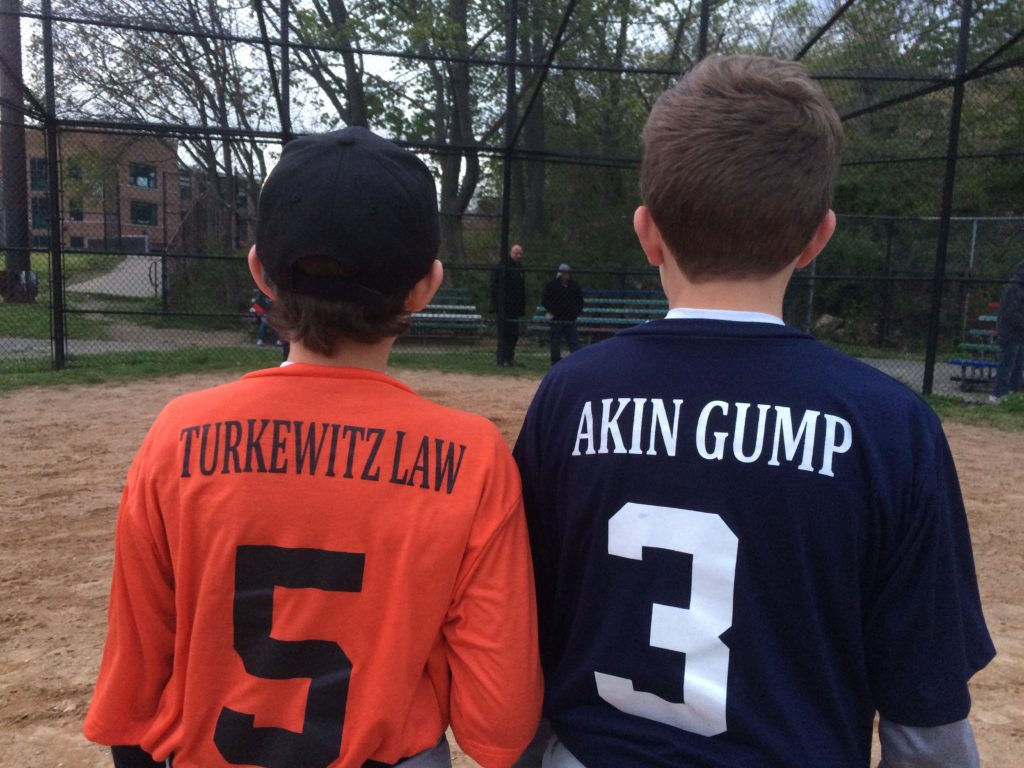You have contacted my office about representation after you started the lawsuit on your own. I won’t take your case. And no, the actual facts are not likely to make a difference.
This is why: I can only think of two reasons you elected to start your suit pro se. First, you couldn’t find a lawyer. And it is safe to assume that if you’ve been rejected by several lawyers already, it’s not likely I would find merit if I looked now.
Have I taken cases others have rejected? Sure. And others have taken cases that I have turned down. But if you’ve gone to the extreme of actually starting a case on your own, it means it wasn’t just one or two rejections. The chance of me finding merit on a matter repeatedly rejected is so low that looking the file isn’t likely to be worth my time.
The second reason you might have brought the suit on your own is that you thought you could save the legal fees by doing it yourself, and now need someone to bail you out of a jam. That someone is not me. Is it conceivable you did an awesome job so far? Sure. But it just isn’t likely. If plenty of experienced lawyers are capable of screwing a case up, why would I bet on a non-lawyer getting it right from the Google School of Law?
And this means that I would be doing double work. First to fix the screw-ups — assuming said screw-ups are even fixable — and then to litigate the case properly. I ain’t interested.
And it’s good to remember that those of us that work on contingency are paid to be efficient with time and money, and rescuing your pro se suit is exactly the opposite.
Over at Simple Justice, Scott Greenfield writes of some Northeastern law professors who invented a video game to help pro se litigants navigate the legal system. The idea makes me shudder. As Greenfield notes:
Encouraging people to do something they can’t possibly accomplish successfully is driving Miss Daisy down the road to disaster. While this video game purports to teach non-lawyers how to introduce evidence, it doesn’t teach them what evidence is, what constitutes materiality and relevance. So it teaches them to jump into the fire without teaching them how not to get burned. Great.
Now it’s true there are some things you can learn online and via a video game — if you are going to Small Claims Court. And that’s because Small Claims is designed for non-lawyers. You are expected to be mostly ignorant and the court may even rescue you from your own mistakes.
But this is not so if there are substantial sums at issue in a personal injury case (or a prosecutor looking to send you to the old gray bar hotel).
There are plenty of mistakes for you to make at the outset of a civil case, starting with timeliness and proper parties and moving to pleadings, depositions, motions, document discovery and more.
So if you bring a suit yourself, don’t come to me to fix the problem later. And you know what? I don’t know any other lawyer that feels differently. If you make the decision to go it alone, you will live with that decision.





